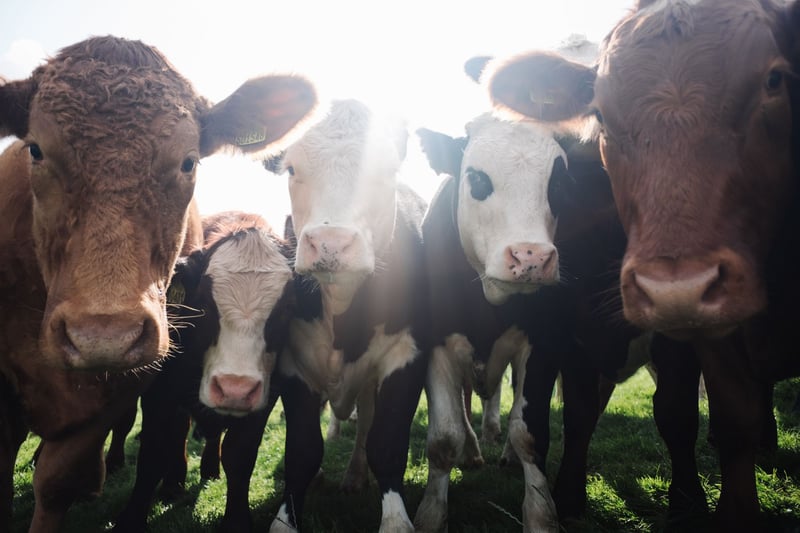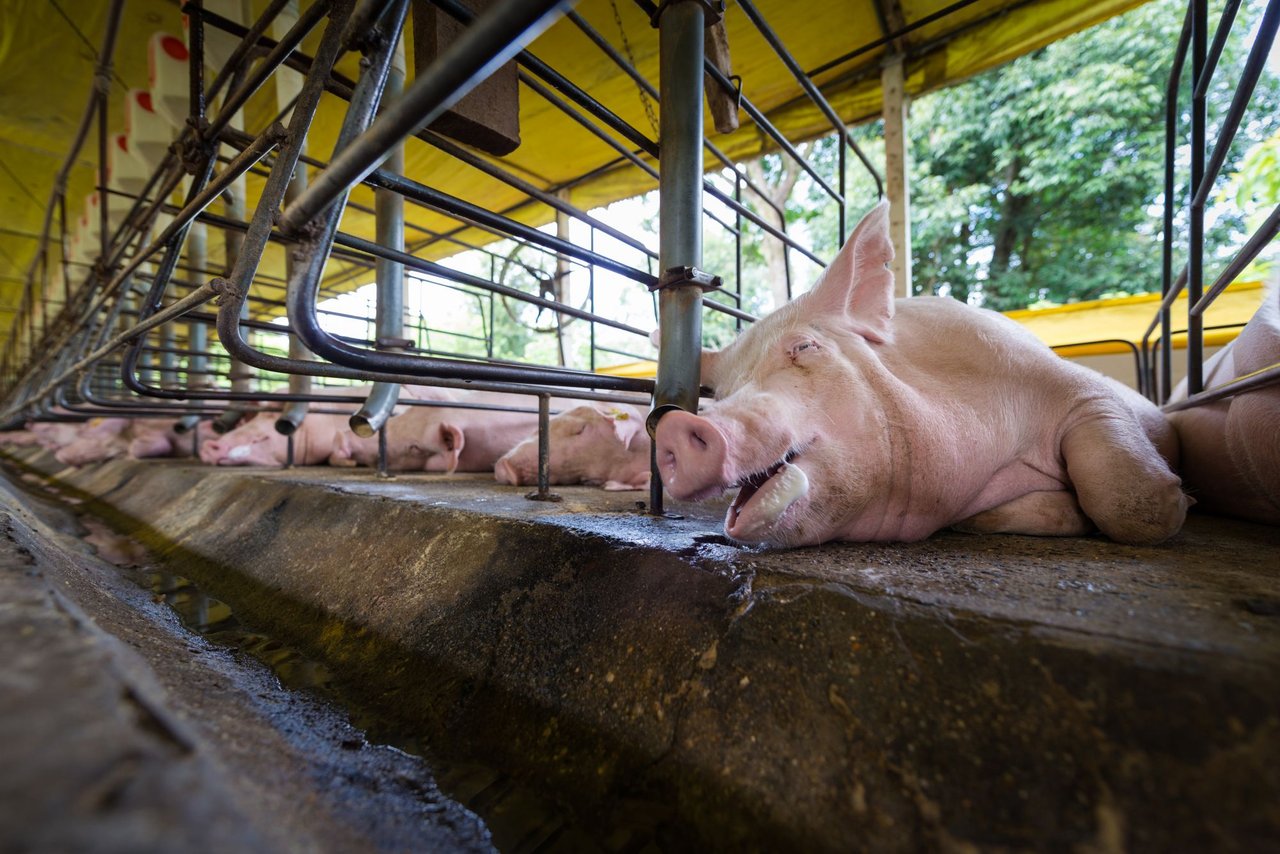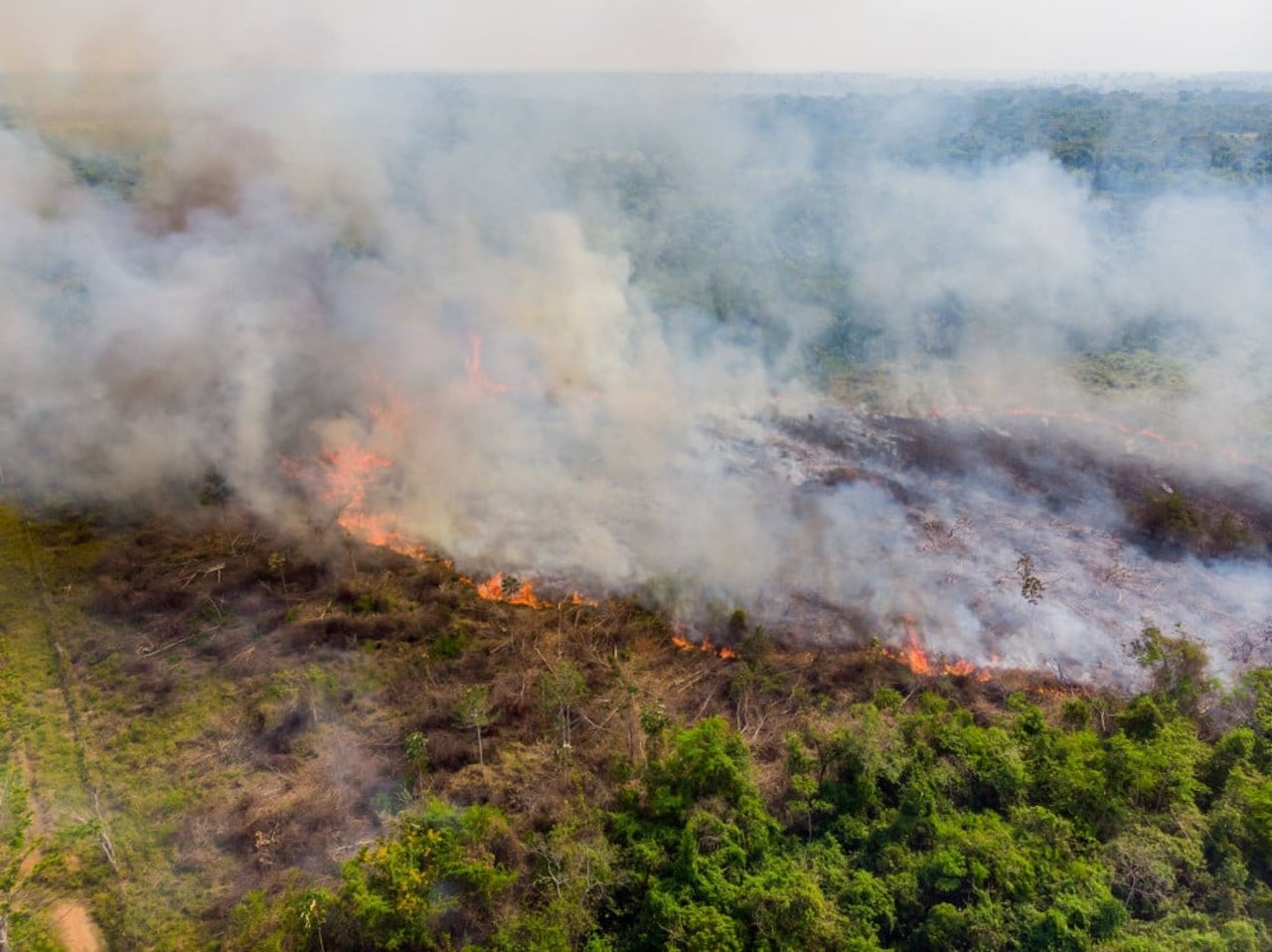
The Reducetarian Lifestyle: How Eating Less Meat Helps Animals, The Environment, And Your Health
Blog
Learn more about what the reducetarian lifestyle is and how reducing meat consumption can improve the lives of animals, your health and the planet.
What is a reducetarian lifestyle?
Veganism and vegetarianism continue to increase in popularity across the United States. According to a 2017 trend report, six percent of Americans identified as vegans in 2017 compared to one percent in 2014. With the rise of meat-free alternatives, plant-based foods, and other health-conscious trends, it has never been easier to eliminate meat from your diet. But completely eliminating meat or meat products from your diet is still a big commitment for most people, including a bit of a learning curve. So what if you don’t want to completely eliminate meat and animal products?
Reducetarians are individuals who have committed to eating less meat, which may include red meat, poultry, or seafood, as well as eggs and dairy. The reducetarian movement attempts to erase the impression that reducing your meat consumption is an “all-or-nothing” commitment, while still remaining inclusive of vegans, vegetarians, and flexitarians.
Why make the reducetarian pledge?
Reducetarians include people who limit the amount of meat they consume for any number of reasons, but it’s clear that reducing your meat consumption is one of the most impactful actions you can take to improve the lives of farmed animals, your health, and the planet.
Animal welfare
The United States has one of the highest rates of meat consumption of any country in the world, which has many implications for the welfare of animals, your health, and the planet. The huge demand for meat puts enormous pressure on farmers to produce livestock in poor conditions just to keep up. By reducing our meat consumption, there will be less pressure on the farmers who have industrialized their systems in order to meet the excessively high demand for animal protein.
Your health
Reducing meat consumption has been shown to have profound health benefits. Plant-based diets generally have fewer calories, and thus, vegetarians weigh less and have a lower risk of heart disease. Limiting the amount of meat you consume can lower your risk of death from heart disease, stroke, or diabetes. Reducing red meat consumption can also reduce the risk of certain cancers, such as colorectal cancer.
Anecdotally, vegans and vegetarians usually find they feel lighter and more energetic after they’ve stopped consuming meat. This is due to the body expending more energy to digest meat when compared to plant-based foods. In particular, leafy greens and legumes are high in fiber and are easy to digest, so you’ll feel more energetic for longer compared to a meal with meat.
Environment
Climate change is our world’s biggest threat, and intensive animal farming is the biggest contributor. Livestock production is a major contributor to global greenhouse gas emissions—more than all cars, planes, and other forms of transport put together. And cattle ranching is the largest driver of deforestation in every Amazon country, accounting for 80% of current deforestation rates. Deforestation remains the second-largest driver of global warming. But by decreasing the demand for cattle and other livestock production, we can reduce the need for such destructive deforestation and its climate repercussions.
Livestock production also has a huge ecological footprint. The amount of waste produced by livestock and poultry in factory farms in the U.S. is around 13 times more than that produced by the entire population. While human waste is treated through strict municipal sewer systems, untreated animal waste is commonly applied as fertilizer to crops. The untreated animal waste can pollute waterways and the air, releasing greenhouse gases, other pollutants, and spreading disease. In addition, fertilizers and manure from feed crops and concentrated animal feeding operations (CAFOs) are also major contributors to water pollution, rural air pollution, and foodborne illness. Decreasing demand for livestock production would greatly diminish the ecological effects of such large-scale factory farming.
How do I become a reducetarian?
Becoming a reducetarian does not have to be difficult or complicated. Increasing the amount of plant-based meals in your diet has never been easier or more accessible. You might start by participating in Meatless Monday and eat a fully plant-based diet one day a week. If you’re on the go, try the Impossible Whopper at Burger King or the Beyond Meat Sausage at Dunkin’ Donuts.


